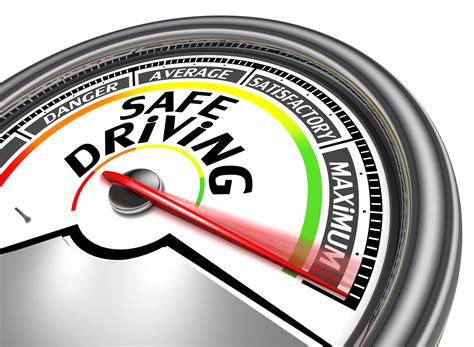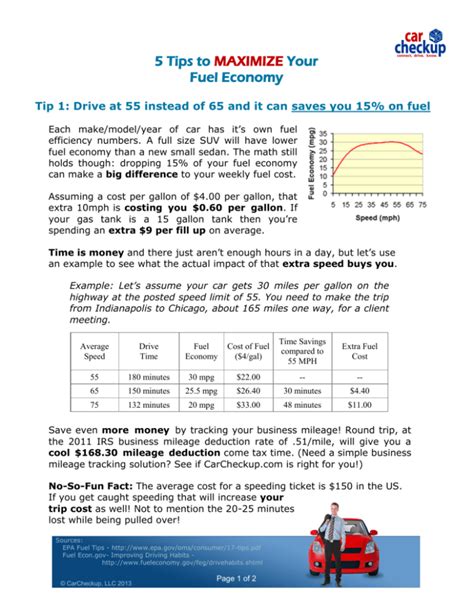In an era of fluctuating fuel prices, every drop of gasoline counts. Whether you’re a daily commuter or an occasional road-tripper, optimizing your car’s fuel efficiency is a smart move for your wallet and the environment. This guide will equip you with professional tips to significantly cut down on your gas expenses and get more miles out of every tank.
Mastering Your Driving Habits
Your driving style is perhaps the single biggest factor influencing your car’s fuel consumption. Aggressive driving—rapid acceleration, sudden braking, and speeding—can drastically reduce your mileage.

Smooth Acceleration and Braking: Imagine there’s an egg under your accelerator pedal. Gently pressing and releasing it avoids unnecessary fuel consumption. Anticipate traffic and coast to stops rather than slamming on the brakes. Smooth driving can improve your fuel economy by 15-30% at highway speeds and 10-40% in stop-and-go traffic.
Maintain a Consistent Speed: Cruise control isn’t just for comfort; it’s a fuel-saving tool. Maintaining a steady speed, especially on highways, prevents your engine from working harder during acceleration. Speeding significantly increases fuel consumption; for every 5 mph you drive over 50 mph, it’s like paying an additional $0.30 per gallon.
Avoid Excessive Idling: If you’re going to be stopped for more than 30 seconds (except in traffic), it’s generally more fuel-efficient to turn off your engine and restart it when you’re ready to go. Modern cars consume less fuel during startup than during extended idling.
Diligent Vehicle Maintenance
A well-maintained car is an efficient car. Regular check-ups and simple upkeep tasks can dramatically improve your vehicle’s fuel economy.

Proper Tire Inflation
Underinflated tires increase rolling resistance, making your engine work harder and consuming more fuel. Check your tire pressure regularly, at least once a month, using the recommended pressure found on your car’s door jamb or owner’s manual. Properly inflated tires can improve gas mileage by up to 3%.
Regular Oil Changes
Engine oil reduces friction between moving parts. Using the manufacturer-recommended grade of motor oil and changing it according to the schedule ensures your engine runs smoothly and efficiently. Dirty or incorrect oil can increase friction, leading to decreased fuel economy.

Air Filter and Spark Plugs
A clogged air filter restricts airflow to the engine, making it less efficient. Replacing it as recommended can improve performance and fuel economy. Similarly, old or fouled spark plugs can lead to misfires and inefficient combustion, wasting fuel. Follow your car’s service schedule for replacements.
Smart Lifestyle Adjustments
Beyond driving and maintenance, everyday choices can also play a significant role in saving gas.

Lighten Your Load
Every extra pound your car carries requires more fuel to move. Remove unnecessary items from your trunk and back seat. While the impact of a few items might seem small, heavy loads over time add up. For every 100 pounds of extra weight, your fuel economy decreases by about 1-2%.
Plan Your Trips
Combine multiple errands into one trip. Cold engines consume more fuel, so making one longer trip is often more efficient than several short ones with cold starts. Use navigation apps to find the most efficient routes and avoid heavy traffic.
Carpool and Public Transport
If possible, carpool with colleagues or friends, or utilize public transportation for some of your journeys. This not only saves on fuel but also reduces wear and tear on your vehicle and contributes to less traffic congestion.

Dispelling Myths & Advanced Considerations
Premium Fuel: When is it Necessary?
Unless your car’s manufacturer specifically recommends premium fuel (which is typically for high-performance or turbocharged engines), using it in a vehicle designed for regular unleaded gasoline offers no fuel efficiency benefits and is simply a waste of money. Always check your owner’s manual.
Aerodynamics Matters
Roof racks, bike carriers, and open windows at high speeds increase aerodynamic drag, forcing your engine to work harder. Remove external accessories when not in use and keep windows closed on the highway to reduce drag.
Conclusion
Saving money on gas and boosting your car’s fuel efficiency isn’t just about finding the cheapest pump; it’s about adopting a holistic approach to driving, maintenance, and lifestyle. By implementing these pro tips, you can significantly reduce your expenditure at the gas station, lessen your environmental footprint, and enjoy a more economical and efficient driving experience for years to come.




